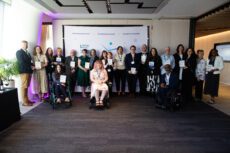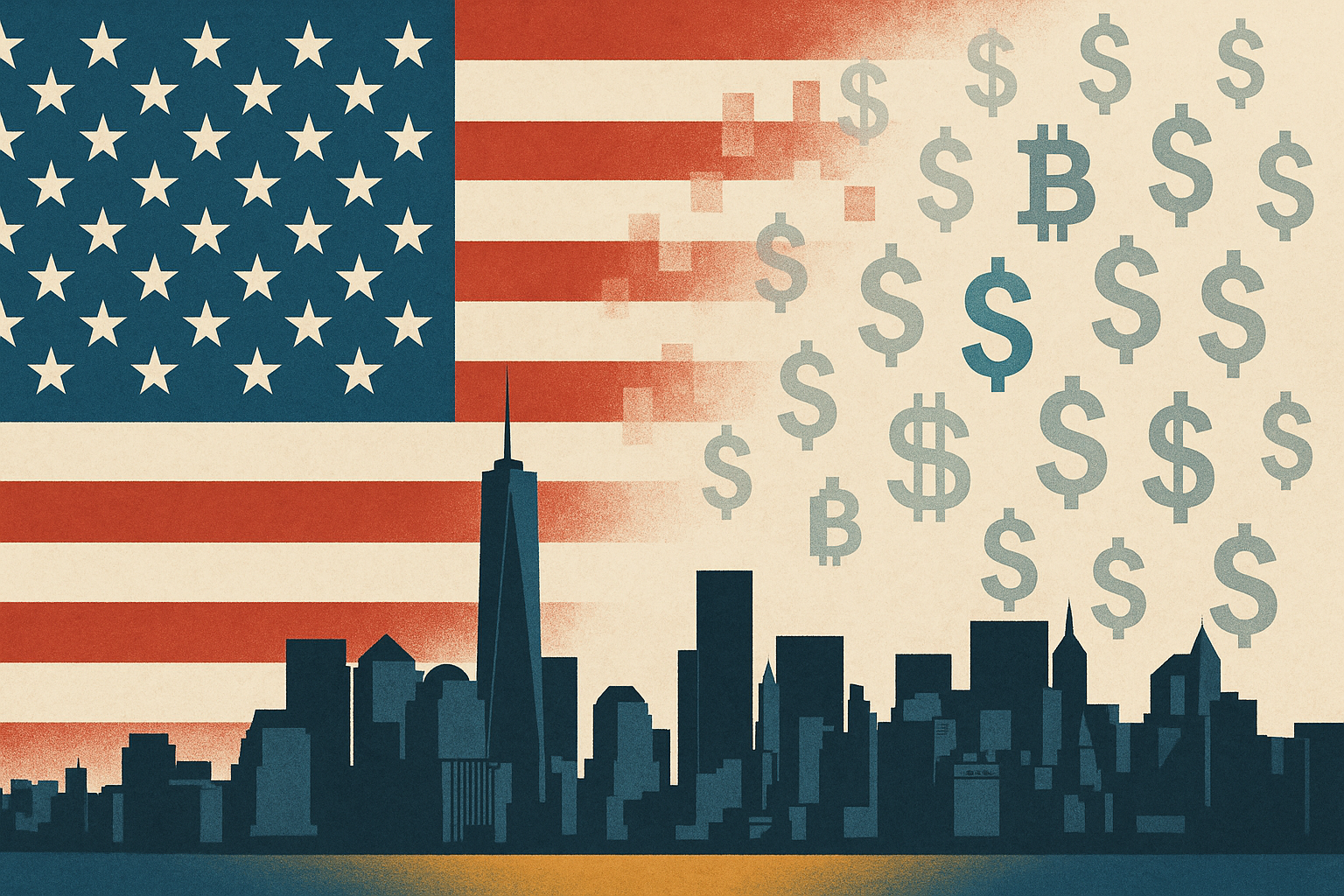Organisations and individuals dedicated to dismantling barriers and improving opportunities for disabled people were recognised at the Business Disability Forum’s Disability Smart Awards 2025, held in London on 29 April.
Now in its 11th year, the annual awards ceremony was hosted jointly by broadcaster and Business Disability Forum (BDF) ambassador Simon Minty, and sponsored by global law firm Freshfields. The 2025 awards marked significant milestones in disability rights in the UK—30 years since the Disability Discrimination Act and 15 years since the Equality Act 2010 was introduced, both key pieces of legislation for supporting disabled people’s rights in employment, education, and access to goods and services.
The awards shine a spotlight on trailblazing efforts in inclusive practices across a wide range of sectors, from public services and tech to small businesses and arts organisations. Winning initiatives were celebrated for their commitment to accessible design, inclusive recruitment, workplace support, and equitable customer experiences.
Among this year’s winners was Georgina Colman of Purpl Discounts, who received the Disability Smart Leader Award for pioneering the UK’s first discount platform tailored specifically for disabled consumers. The platform not only seeks to provide financial benefit, but also enhances visibility and value for disabled people in mainstream markets.
Neil Eustice of KPMG UK earned the title of Diversity and Inclusion Professional for his longstanding leadership in accessibility and workplace inclusion. His contributions exemplify how long-term commitment can lead to systemic change within large organisations.
The Royal National Institute of Blind People (RNIB) was honoured for setting a new precedent in built environments by adopting the PAS 6463 standard at its London headquarters. This British standard, introduced in recent years, provides detailed guidance on designing the built environment to meet sensory and neurological needs, including those with visual impairments and neurodiverse conditions like autism.
Global consumer goods giant Unilever received praise in the Technology category for developing accessible packaging featuring QR codes and scanning technology. This innovation aligns with a broader industry movement—championed by organisations like GS1 UK—toward smart labelling to support visually impaired consumers.
Other winners included the Arts Council England, recognised for embedding inclusive procurement practices in the cultural sector, and Ofgem, the UK energy regulator, for its ‘Optimal Working Passport’—a digital tool that facilitates workplace adjustments for disabled employees. Small businesses were also celebrated: Inkfire won for its flexible working model and peer support among SMEs, while Mobility in Motion was applauded for its user-centred approach to automotive accessibility solutions.
The London Borough of Lambeth ran away with the Inclusive Communication Campaign prize for its community-driven ‘Accessible Lambeth: Blue Badge Awareness & Action’ campaign, aimed at tackling abuse of disabled parking spaces and promoting inclusive urban design. In the education space, the Cambridge School Classics Project partnered with Cambridge University Press & Assessment to develop a visually and cognitively accessible Latin course—a significant move towards inclusive learning content in traditionally exclusive disciplines.
Coca-Cola Europacific Partners received the Global Disability Inclusion award for developing its ‘Accessibility Matrix’—a global workplace framework supporting inclusive practices across its international operations.
Business Disability Forum CEO Diane Lightfoot praised all the winners and finalists: “While the journey towards a truly inclusive society continues, these achievements show what can happen when organisations prioritise disability inclusion. A fear of getting it wrong is often the biggest barrier, but our winners are living proof that progress is possible with courage and commitment.”
Helen Ouseley, Global Head of Culture & Community at Freshfields, added: “We’re honoured to support the Disability Smart Awards. They’re an important reminder that inclusivity enriches every sector—from law to logistics to the performing arts.”
Simon Minty reflected on the momentum behind disability inclusion: “Every year I am inspired by the thoughtful, creative and practical ways that change is happening. These stories go to show that inclusion is not a one-off act but an evolving commitment—and it’s a journey we’re all responsible for.”
Throughout the year, BDF will share insights from these award-winning initiatives to help other organisations implement and scale effective disability inclusion strategies. The organisation continues to act as one of the UK’s leading forums for inclusive business practice, supporting hundreds of employers to improve policies around disability and employment.
For more information on the winners and their projects, visit the Business Disability Forum website or view the full list of recipients here.
Read more: Disability Smart Awards 2025 winners announced: Celebrating innovation in disability inclusion (bmmagazine.co.uk)




